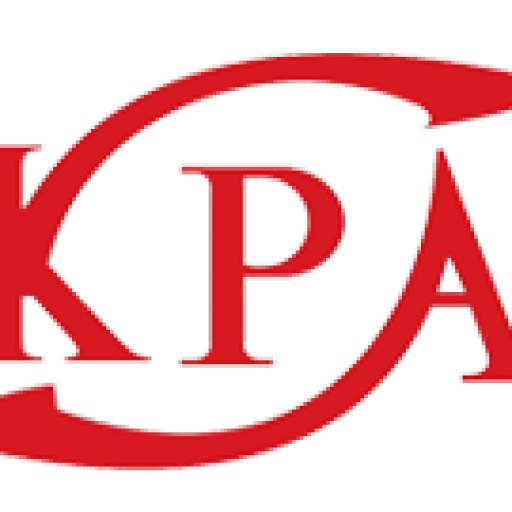• Low stock holding compared with pre-compounded materials.
• Optimum dispersion of pigments/additives.
• Dust free, no health and safety risks in comparison to undispersed fine powder pigments or additives.
• Elimination of ‘trial and error’ development or formulation work, as this done by the masterbatch supplier who takes responsibility for color and consistency.
• Reduction in purging/cleaning costs.
• Compared to compounds the masterbatch approach open to variable range of colors and other properties. The alternatives to using masterbatches are buying a fully compounded material (which is more expensive and less open to e.g. color variability of the product), or compounding from raw materials on site (which is prone to issues with achieving full dispersion of the colorants and additives, and prone to preparing more material than what is used for the production run).
• The use of masterbatch allows the factory to keep stock of fewer grades of the polymer, and to buy cheaper natural polymer in bulk.
• The masterbatch can be fairly highly concentrated (in comparison with the target composition), with “let-down ratios”; e.g. one 25 kg bag can be used for a ton of natural polymer. The relatively dilute nature of masterbatch (in comparison with the raw additives) allows higher accuracy in dosing small amounts of expensive components.
• The compact nature of the grains of solid masterbatch eliminates problems with dust, otherwise inherent for fine-grained solid additives. Solid masterbatch are also solvent-free; therefore they tend to have longer shelf life as the solvent won’t evaporate over time.
